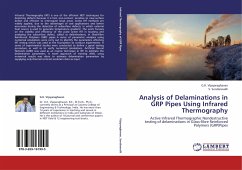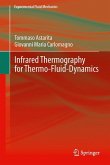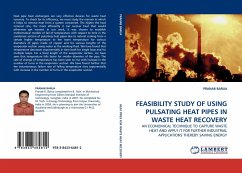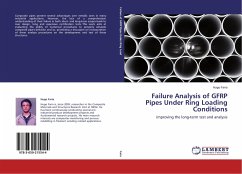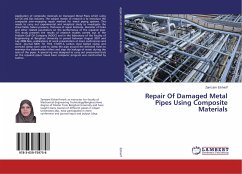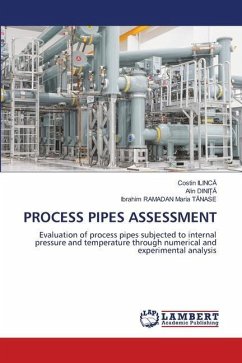Infrared Thermography (IRT) is one of the efficient NDT techniques for detecting defects because it is fast, non-contact, sensitive to near-surface defect and efficient to interrogate large areas. Active IRT methods are widely applied, due to the advantages of vast applications and better accuracies during the detection of subsurface defects, in which external heat source is used to generate temperature gradient. The work focuses on the viability and efficiency of the pulse active IRT in locating and analyzing the subsurface defect, called as delaminations, in Glass-fibre Reinforced Polymers (GRP) pipes. A series of parametric analyses using numerical simulations were carry out to identify the parameters affecting IRT testing which was used as the foundation to conduct experiments. A series of experimental studies were conducted to define a good testing procedure as well as to verify numerical simulations. Artificial Neural Network (ANN) was used as an inverse technique in IRT toestimate the delamination parameters. A novel approach of training ANN, using numerical results was done to estimate delamination parameters by supplying only thermal contrast evolution data as input.
Bitte wählen Sie Ihr Anliegen aus.
Rechnungen
Retourenschein anfordern
Bestellstatus
Storno

